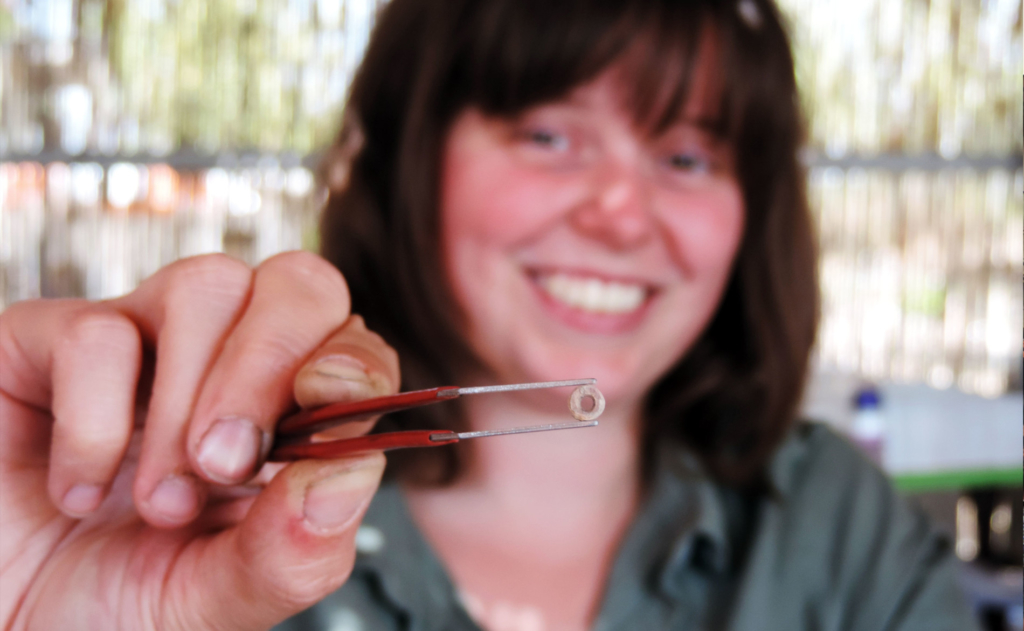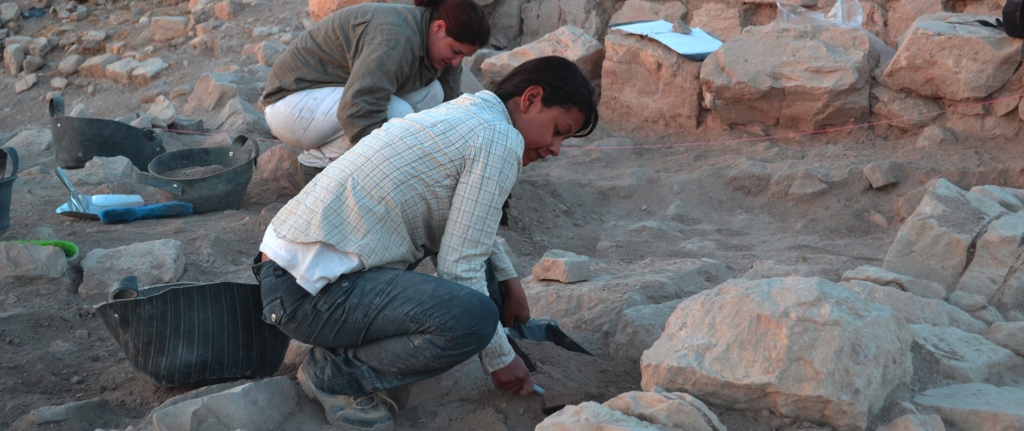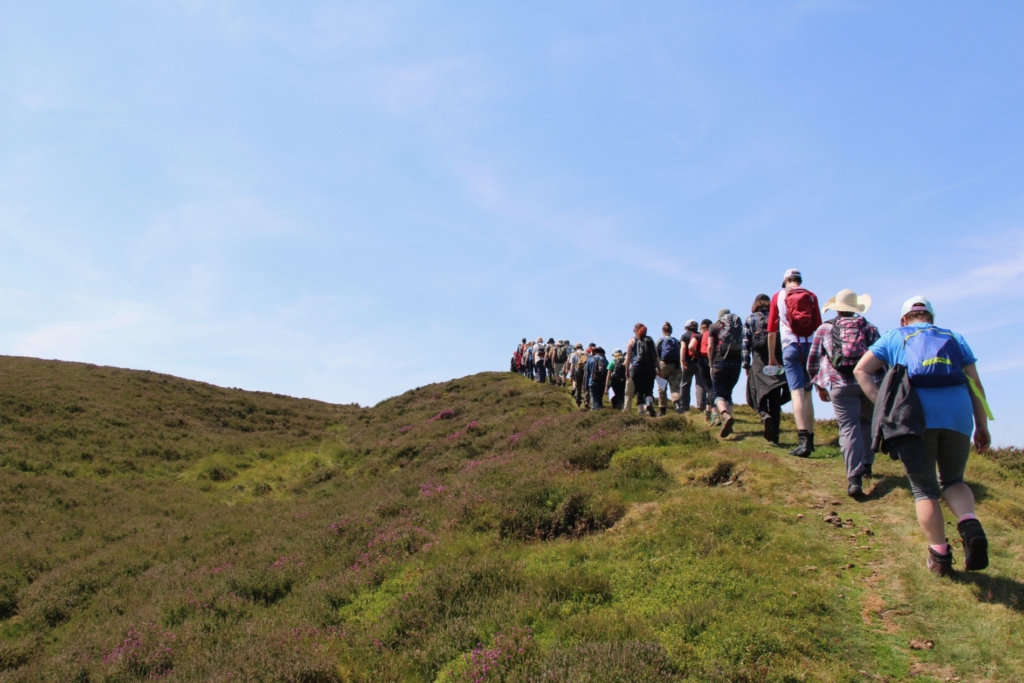The Wall Street Journal recently reported that once again, college tuition is increasing (see here). Citing College Board Senior Policy Research Scientist Jennifer Ma, the article states, “The price increases [for 2017] are moderate, but these increases are still higher than inflation.” Average net prices for tuition and fees, the amount students must pay after grants and tax benefits, rose this year by an estimated 4.6% at private universities and by 3.2% at public universities. Increasing fees means that accessing a good education is getting even more difficult – if that wasn’t already the case. A recent study by the New America Foundation found that since 1999 a majority of the country’s top public universities have steadily grown less accessible for the most financially strapped students – and at the same time, they have grown more accessible for wealthy students (see summary on Inside Higher Ed website).
IFR Value Proposition: Mitigate rising costs AND access great education

As you know, archaeology involves both intellectual and physical work usually in remote locations with small teams. A community of learners is established and students discover much about the past, and about cultures that are vastly different than their own and from themselves. They make connections and learn about future career options. Not only do IFR field schools offer a good financial deal, they are quite an adventure.

IFR academic model: An innovation antabuse generic that’s actually reducing costs
It’s worth noting here that bucking the national trend, the IFR has actually reduced the average cost of our field schools. Since inception in 2011, we drove the average cost of our field schools down by 7.9% (see chart). For 2018, the average cost of an IFR field school will be further reduced by 0.4%, compared with 2017. Because IFR field schools award 12 quarter credit units (equivalent to 8 semester credit units) for each of our programs, the average cost per credit unit in 2018 will be $361 (or $541 for semester equivalent credit unit). In almost all cases, IFR field school tuition covers room and board, so the financial value for students may be even better.

Why should you care?
Very few schools – if any – can compete with the IFR on the key benchmarks of quality of faculty, research, accessibility and networking. The IFR works only with leading scholars in the field from universities across the world. We select only those scholars who are deeply committed to research and to teaching through research. The maximum allowed student to staff ratio is 1:6 and most of our programs have a 1:4 ratio.
Vital to all of this is our peer-review process. Each of our field schools is peer-reviewed every year by our large Academic Board, which consists of some of the best archaeologists from around the world. Not only are we highly selective of the programs we choose to work with, but we are also continuously monitoring the quality of research and pedagogy. IFR field schools encourage students to develop independent research projects, and we fund scholarships for undergraduate students who attend and present papers or posters at professional academic meetings.
The return on investment of attending an IFR field school is not only financial. It is significantly intellectual and an unparalleled growth opportunity for students. IFR students experience a transformative program where they engage every day and all day with research and mentorship. 17% of all IFR students come from outside the traditional majors for archaeology. 93% of our attending students report a life-changing experience.
Author: Dr. Ran Boytner, IFR Executive Director

